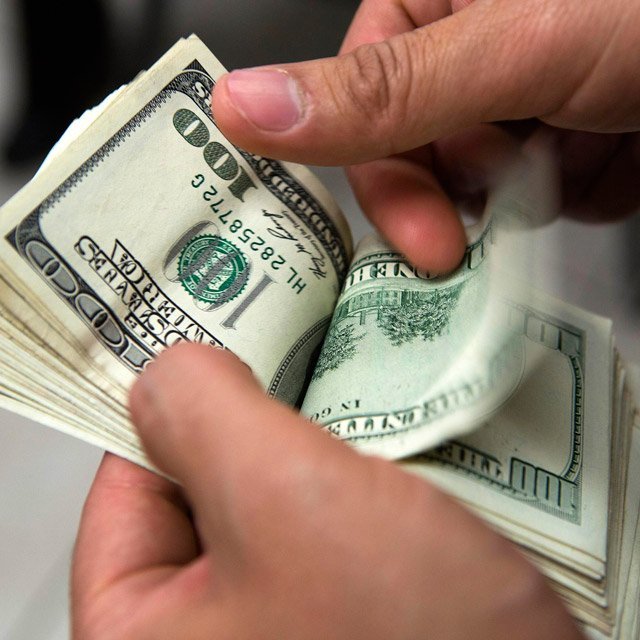$1 Billion in Super Bowl Bets Reshapes Sports Fandom

The National Football League playoffs have been stellar, with great sports cities fielding teams in closely contested games awash in athleticism and nail-biter finishes. That’s why fans watch, right?
We care about our hometown team. Elite players inspire awe. Grace under pressure is instructive and humbling. Poignance and magic envelop the final march of quarterbacks like Tom Brady. The brutality can be so mesmerizing we briefly forget about the dangerous consequences for many of the players.
Fandom has all of that, and more, at work — and explains why so many different sports continue to captivate. The Super Bowl on Sunday pitting the Los Angeles Rams against the Cincinnati Bengals will be a case study of the genre. It’s also going to be a landmark day for sports betting, and as the gambling boom continues its digital march across the country, I think it will reshape many fans’ relationships to sports.
After all, gamblers now have myriad proposition bets available that allow them to wager on granular aspects of the Super Bowl, which is expected to draw at least $1 billion in legal action this year, and probably much more. They can bet on who wins the coin toss, the number of field goals kicked, who scores a touchdown, who scores first and last, how many times the quarterback gets sacked, who is named MVP, who gets the Gatorade bath and so on. They can also mix and match a group of prop bets to create a parlay; maybe some of those bets are on the Rams and others are on the Bengals, regardless of the team for which they’re cheering.
Sure, gamblers can lay down old-fashioned moneyline bets on which team simply wins or wager on whether a team covers its point spread, but FanDuel, DraftKings and all of the other mobile sports gambling apps want bettors to feast on much more. Variety, speed and instant gratification are big draws, which make some of those apps kindred spirits of stock trading platforms such as Robinhood.
If a wager is your magnet and you’re agnostic about outcomes beyond how your bet pays off, does that make you a different kind of fan — something other than a mere hometown supporter with a love of the game? To be sure, gambling increases fans’ involvement with the intricacies of a game, and usually it’s just extra entertainment. Only a small minority of gamblers develop disorders, although studies of that problem largely predate the online and mobile gambling explosion that’s brought wagering into homes.
But I’m wondering about something other than gambling addiction or the corruption and game-fixing that will inevitably accompany wagering’s expansion. I’m wondering, for lack of better words, about hyperstimulation and numbness. I’m wondering if ubiquitous betting will inalterably change how fans engage with and feed off of sporting events.
A 2015 University of Nevada, Las Vegas study of how betting affected fans found that gamblers, predictably, thought that “placing a sport wager would add a great deal of excitement to the sport consumption experience.” A much smaller portion of fans examined in the study felt that gambling would affect their viewing “negatively” because it would be a “distraction.” The word “distraction” is doing a lot of work in that study.






